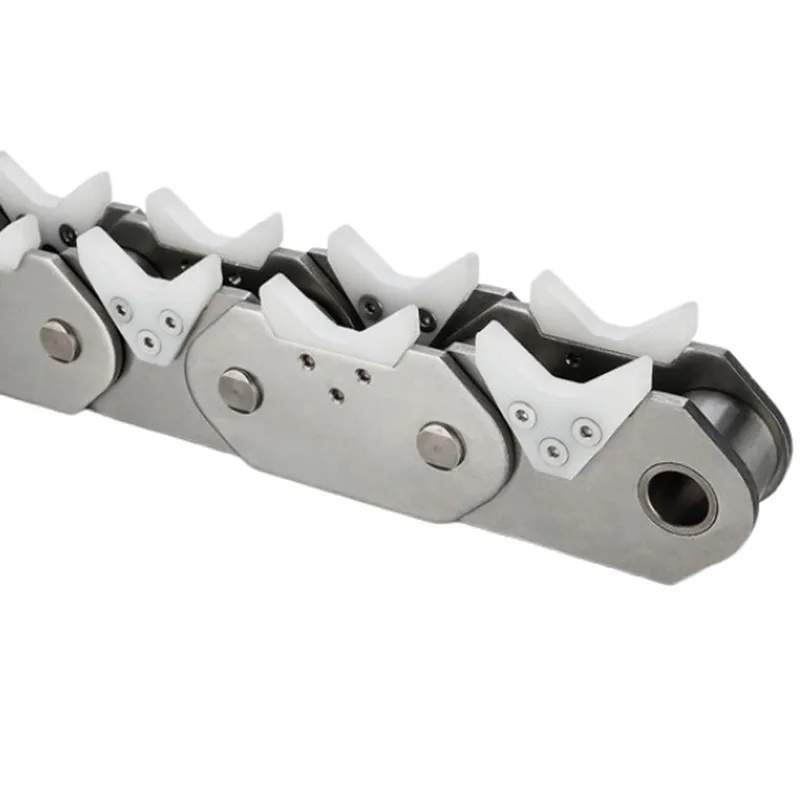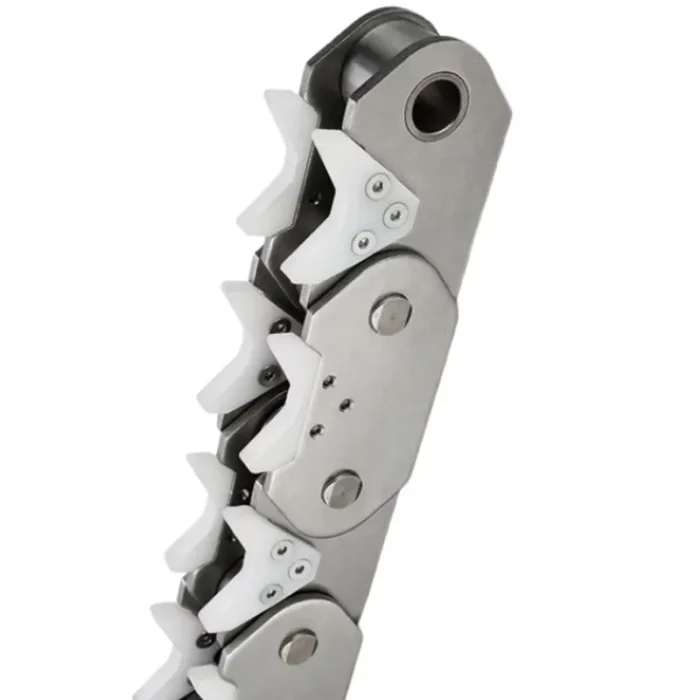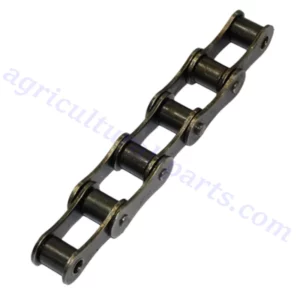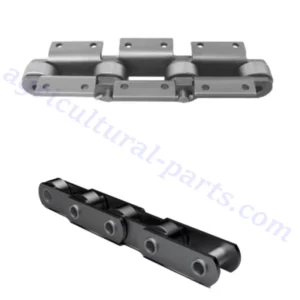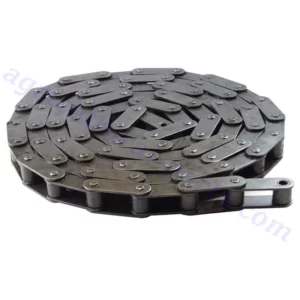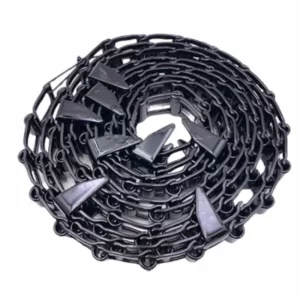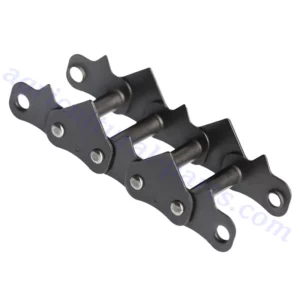Stainless Steel Conveying Chain for Nonferrous Metallurgical
A stainless steel conveying chain for nonferrous metallurgical applications is a specialized industrial chain designed to transport materials in environments associated with the processing of nonferrous metals, such as aluminum, copper, and zinc. Made from high-quality stainless steel, it offers exceptional resistance to corrosion, high temperatures, and abrasive wear caused by harsh conditions like chemicals, moisture, and heavy loads. These chains are engineered for durability, precision, and efficient material handling, ensuring smooth, continuous transport while minimizing downtime in metallurgical processes.
A stainless steel conveying chain for nonferrous metallurgical applications is a specialized industrial chain designed to transport materials in environments associated with the processing of nonferrous metals, such as aluminum, copper, and zinc. Made from high-quality stainless steel, it offers exceptional resistance to corrosion, high temperatures, and abrasive wear caused by harsh conditions like chemicals, moisture, and heavy loads. These chains are engineered for durability, precision, and efficient material handling, ensuring smooth, continuous transport while minimizing downtime in metallurgical processes. Their robust design enhances reliability and operational efficiency in demanding industrial environments.
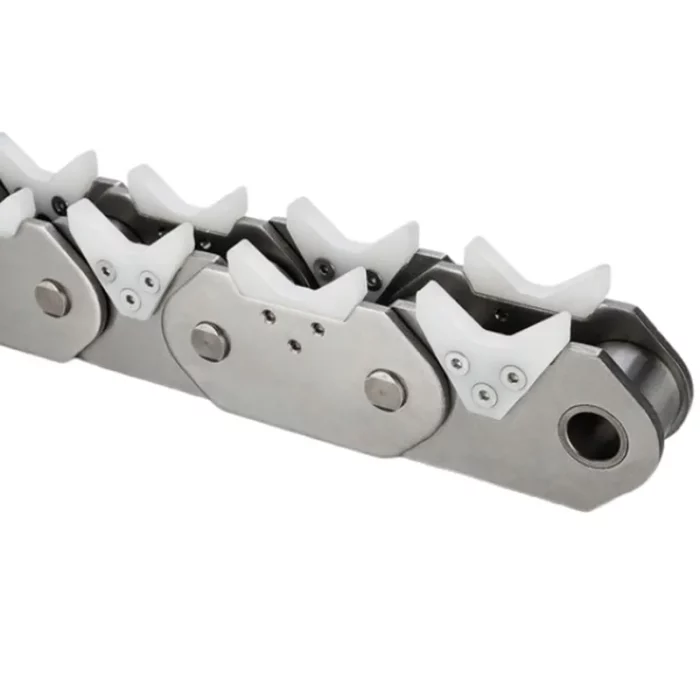
Benefits of Stainless Steel Conveying Chain for Nonferrous Metallurgical
Applications of Stainless Steel Conveying Chain for Nonferrous Metallurgical
- Material Handling in Smelting Plants: Stainless steel conveying chains are used to transport raw materials, such as ores and concentrates, into smelting furnaces. Their resistance to high temperatures and corrosive environments ensures reliable performance in handling molten metals and slag.
- Casting and Cooling Conveyors: These chains facilitate the movement of cast nonferrous metal products through cooling systems. Their durability and ability to endure intense heat and thermal cycling ensure smooth operation during the solidification process of metals like aluminum or copper.
- Electrolytic Refining Operations: In the refining of nonferrous metals via electrolysis, stainless steel chains transport cathodes and anodes through acidic electrolytes. Their corrosion resistance is critical for prolonged operation in these highly reactive chemical environments.
- Metal Rolling and Processing Lines: Stainless steel chains are ideal for use in rolling mills, where nonferrous metals are shaped into sheets, rods, or wires. They provide precision and strength needed for handling heavy loads in continuous processing operations.
- Slag and Waste Removal Systems: These chains are used to convey slag, dross, and other byproducts away from the production area. Their robust construction ensures they can handle abrasive materials while maintaining long-term reliability under harsh operating conditions.
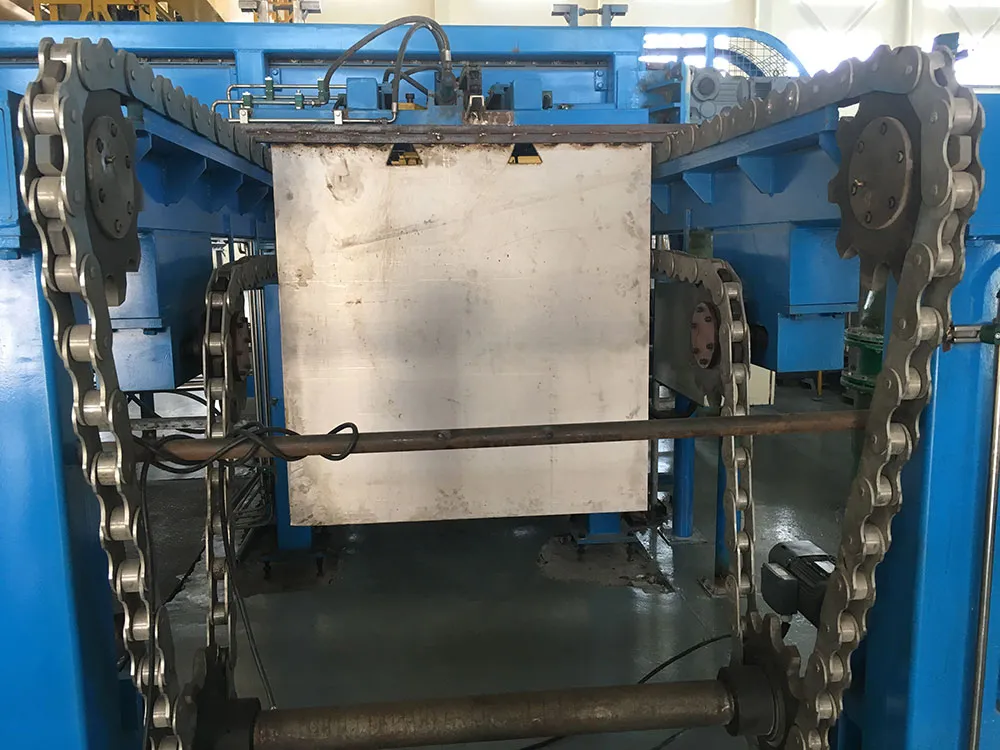 | 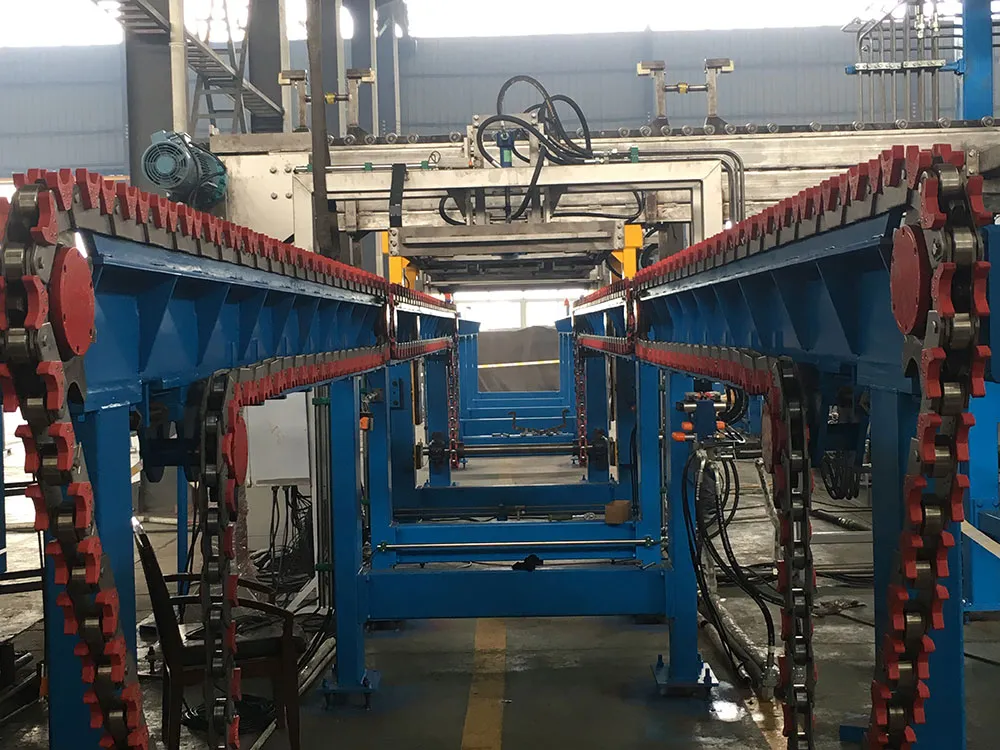 |
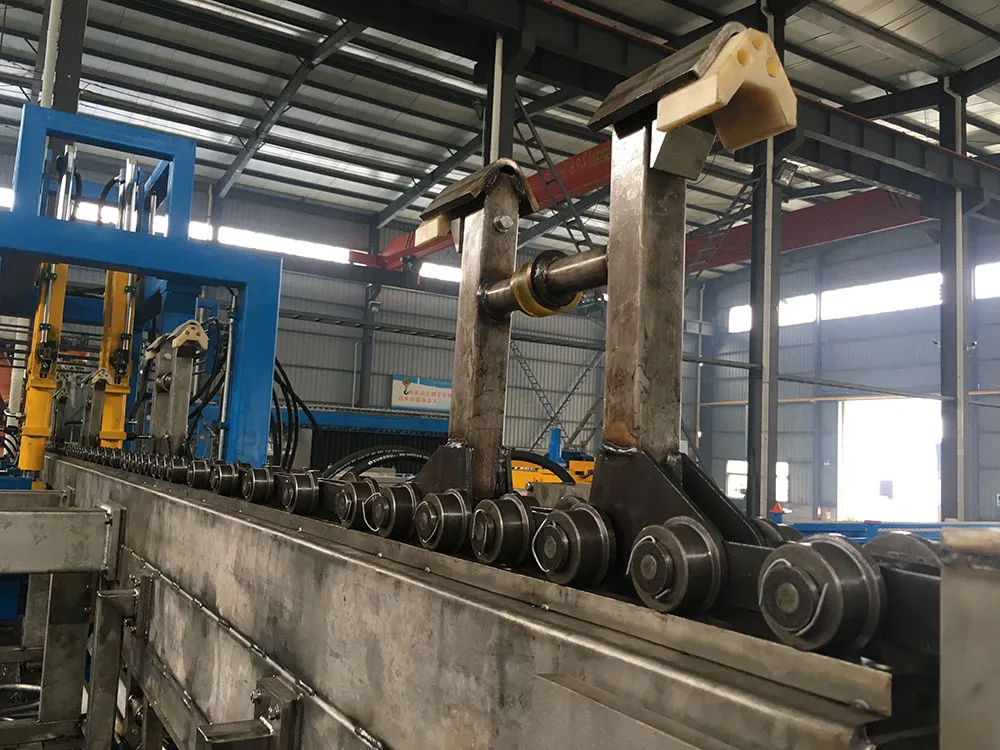 | 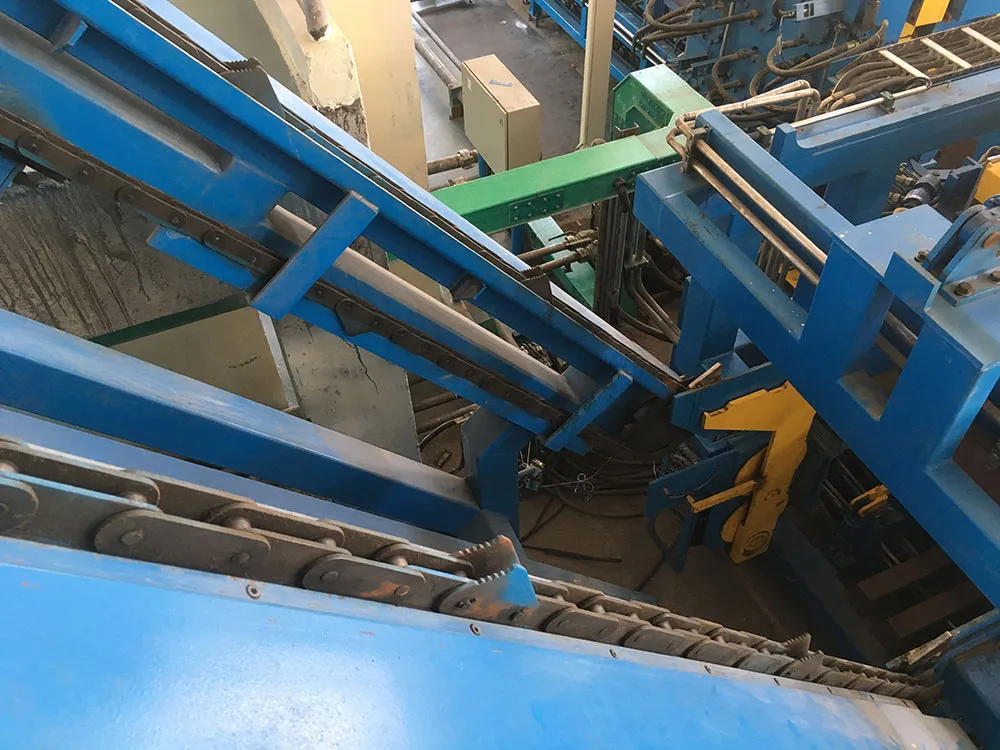 |
Stainless Steel Conveying Chain FAQ
Q: What are the key benefits of stainless steel conveying chains in nonferrous metallurgy?
A: Stainless steel conveying chains offer exceptional resistance to corrosion, heat, and abrasion, making them suitable for harsh environments in nonferrous metallurgy. They ensure durability, smooth operation, and minimal maintenance, even in processes involving chemicals or extreme temperatures.
Q: Can stainless steel chains handle high-temperature environments?
A: Yes, stainless steel chains are specifically designed to operate in high-temperature conditions found in smelting, casting, and refining processes. Their material composition prevents deformation, oxidation, and strength loss under these extreme thermal stresses.
Q: Are these chains resistant to chemical exposure during refining?
A: Stainless steel conveying chains are highly resistant to chemical corrosion, making them ideal for applications like electrolytic refining where they are exposed to acidic or reactive substances. This resistance ensures a longer service life and consistent performance.
Q: What types of nonferrous metals can these chains handle?
A: These chains are suitable for handling a variety of nonferrous metals, including aluminum, copper, zinc, nickel, and titanium. Their robust construction allows them to reliably transport materials during different stages of processing and refining.
Q: How do stainless steel chains improve productivity in metallurgical operations?
A: By offering high strength, durability, and resistance to wear, stainless steel chains reduce downtime and maintenance costs. Their ability to maintain smooth and efficient material handling in challenging conditions ensures consistent workflow and enhances overall operational productivity.
Additional information
| Edited by | Yjx |
|---|

